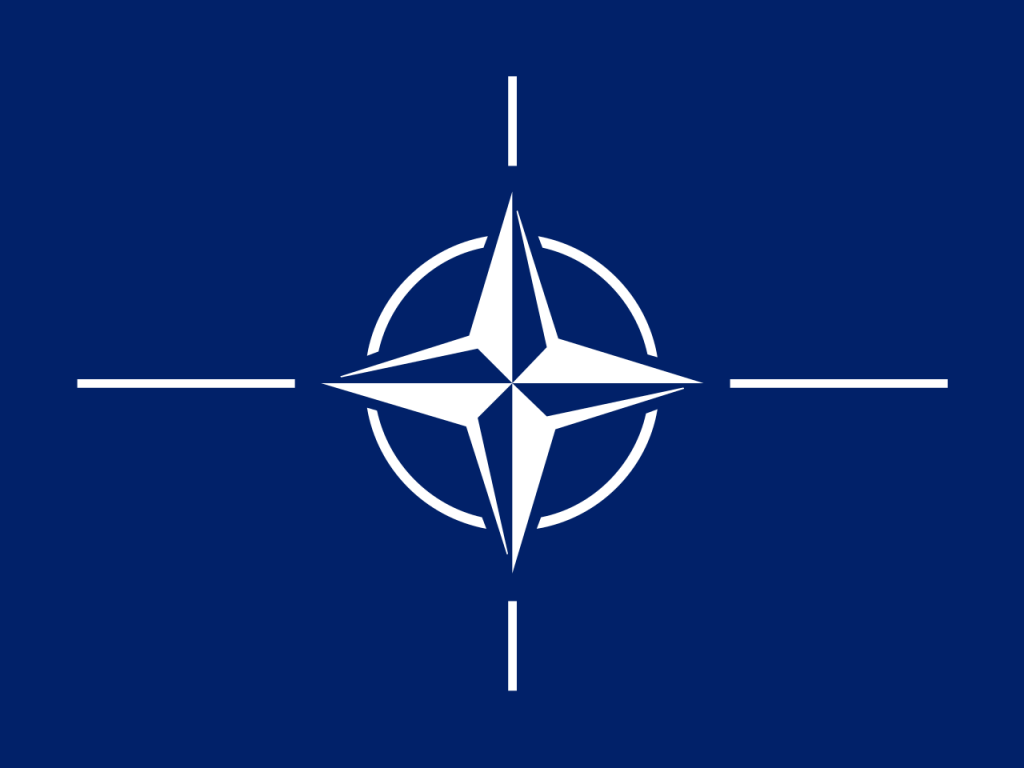By Michael C. Hudson
Download Insight 35 Hudson HERE
Only a month ago it appeared that NATO was being sucked into a swamp of Libyan factionalism and might remain stuck there indefinitely. Last July 28, General Abdel Fattah Ismail, commander in chief of the rebel Transitional National Council, was assassinated in Benghazi by killers still unknown. In the US and Europe there was a rising tide of criticism over a costly involvement that now seemed to be suffering from mission creep. Luckily, NATO seems to have dodged a bullet, so to speak, because to everyone’s surprise the sputtering rebel campaign against ColonelQadhafi suddenly gained momentum. With the arrival of rebel forces into large areas of the capital Tripoli, the struggle has apparently reached a tipping point. What remains of Qadhafi’s forces could yet stage a probably short-lived comeback. But the Brother Leader, as he likes his subjects to call him, is running out of gas’or should we say oil as he has lost control over his country’s key resources. Two of his sons are now under arrest. He has just suffered his highest-level defections with the departure of his long-time collaborator Abdel Salam Jalloud. How did this happen? Military analysts credit the rebel movement with a sharply improved learning curve in recent weeks. Money has flowed in from Saudi Arabia and Qatar. The international community has provided diplomatic support. But it is difficult to imagine that the rebellion, which began with Facebook-inspired street protests in mid-February, could have survived until now without NATO’s military muscle. Early on, the seesaw combat along Libya’s Mediterranean coastline revealed the rebels’ unfocused leadership, almost nonexistent military training, and’most importantly’a critical lack of heavy weaponry and defenses against Qadhafi’s air force and key armored units. After much dithering and soul-searching the NATO leadership, driven by France and Britain, came to the rescue. US leaders mindful perhaps of their costly and painful military involvements in Afghanistan and Iraq’came on board but insisted on keeping a low profile. For the rebels, who were increasingly on the defensive, the rescue came not a moment too soon. Since March 31 NATO has flown some 7,500 air strikes and combat-related missions in Libya out of nearly 20,000 sorties altogether. It is hard to believe that the rebels could be in Tripoli today had it not been for that support. Nevertheless it would be wise for Western leaders not to blow their own horn at this delicate juncture. If ever there were time for a low profile this is it. Constructing a new political order in Libya will be difficult enough without NATO and Western politicians claiming a big share of the credit for Qadhafi’s demise. Already there is considerable sensitivity and suspicion in Arab public opinion about Western military interventions. Many Arabs find it hard to believe that Western governments would ever act altruistically. They take with a grain of salt the official rationale for NATO’s intervention, which was strictly to prevent civilians from being attacked by a brutal regime. Qadhafi may now be widely discredited but his claim that NATO’s involvement was simply a new form of Western imperialism designed to steal Libya’s oil will still seem plausible to many. Already we are seeing signs of friction. NATO and the international community are insisting that Qadhafi, his son Saif al-Islam, and the chief of intelligence, Abdullah al-Sanussi be remanded to the International Criminal Court in The Hague. But some Libyans have taken to the streets to protest what they see is a Western attempt to deny Libyans the chance to mete out Libyan justice to these hated symbols of the old regime. International lawyers may insist that this step is essential in order to commit the new government to the rule of law and the observance of international legal standards. Then there is the tricky question of how long the NATO mission should last once Qadhafihas been well and truly ousted. Secretary General Anders Fogh Rasmussen declared on August 22: We will continue to monitor military units and key facilities, as we have since March, and when we see any threatening moves towards the Libyan people, we will act in accordance with our UN mandate.All well and good, but what happens if the new regime in Tripoli decides it must resort to brutal force to quell dissident factions or unruly regions? Will NATO step in once more on humanitarian grounds? The cases of Afghanistan and Iraq are again instructive. American and international forces are finding it more difficult to depart, leaving behind a minimally stable situation, than they did to enter. As General Colin Powell famously remarked on Iraq, if you break it you own it. Libya today is on the threshold of something completely different from the last 42 years of Qadhafi’s stifling, quixotic rule. Westerners can rejoice with ordinary Libyans and take a certain modest pride in having played a crucial but secondary role. But the road ahead will not be easy. The Transitional National Council must midwife more than just a new legitimate government. It needs to fashion legitimate procedures that will inspire Libyans to overcome regional, tribal, socioeconomic, and ideological differences. NATO and the rest of us should get out of the way and let them get at it.
Michael C Hudson is the Director of the Middle East Institute and Professor of Political Science at the National University of Singapore. He has written, edited and contributed to numerous books including Middle East Dilemma: The Politics and Economics of Arab Integration (Columbia University Press), Arab Politics: The Search for Legitimacy(Yale University Press) and The Precarious Republic: Political Modernization in Lebanon(Random House). The views expressed herein are his own. A version of this article appeared in the Straits Times Review on 24 August 2011.





